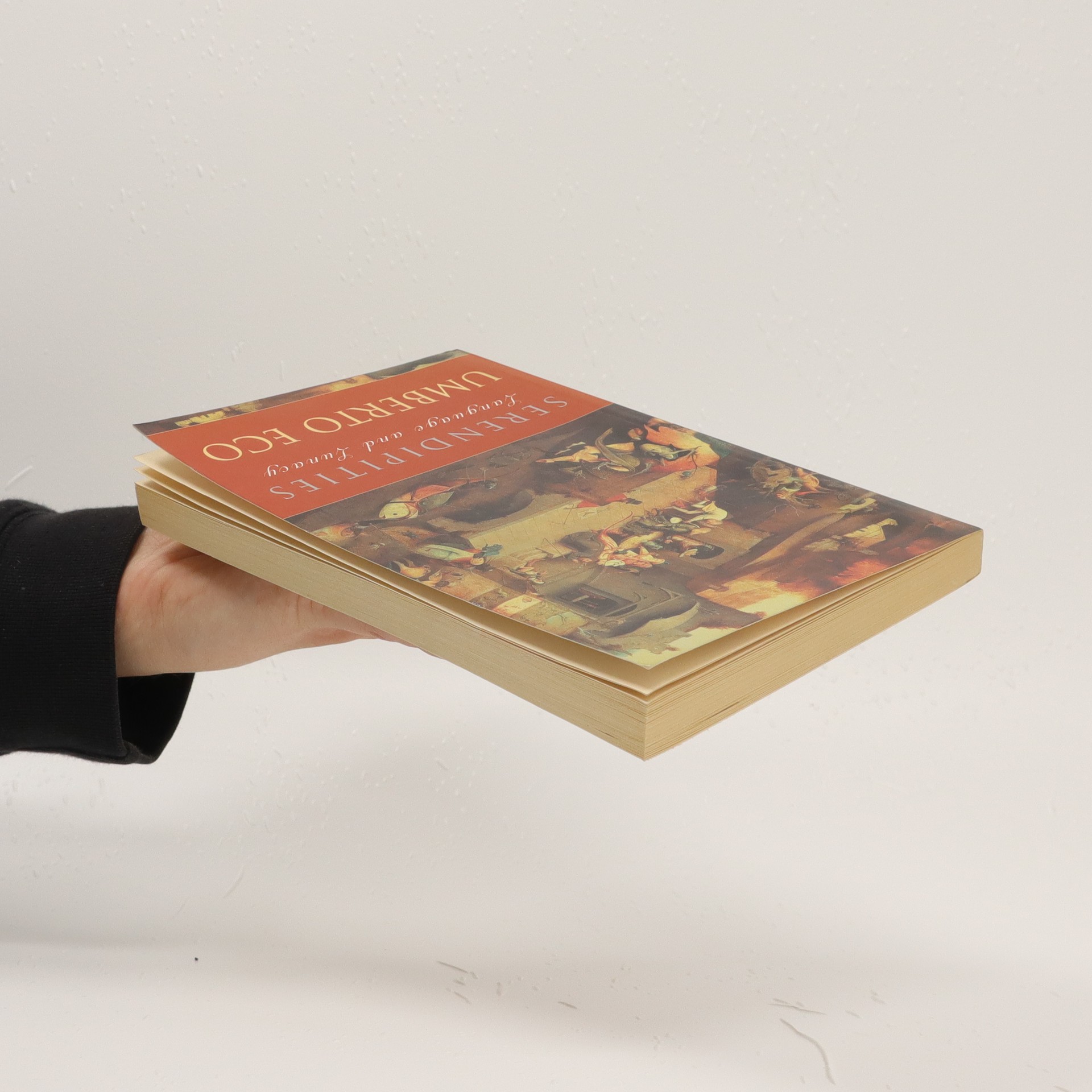

Eco uncovers a rich history of linguistic endeavor - much of it ill-conceived - that sought to heal the wound of Babel. From Leibniz's belief that the I Ching illustrated the principles of calculus to Marco Polo's mistaking a rhinoceros for a unicorn, Eco tours the labyrinth of intellectual history, illuminating the ways in which we project the familiar onto the strange. In a careful unraveling of the fabulous and the false, Eco shows us how serendipities - unanticipated truths - often spring from mistaken ideas.

While some false tales produce new knowledge (like Columbus's discovery of America) and others create nothing but horror and shame (the Rosicrucian story wound up fueling European anti-Semitism) they are all powerfully persuasive. The fictions that grew up around the cults of the Rosicrucians and Knights Templar were the result of a letter from a mysterious Prester John - undoubtedly a hoax - that provided fertile ground for a series of delusions and conspiracy theories based on religious, ethnic, and racial prejudices. Exploring the Force of the False, Eco uncovers layers of mistakes that have shaped human history, such as Columbus's assumption that the world was much smaller than it is, leading him to seek out a quick route to the East via the West and thus fortuitously discovering America. Summary: "Umberto Eco's latest work unlocks the riddles of history in an exploration of the linguistics of the lunatic, stories told by scholars, scientists, poets, fanatics, and ordinary people in order to make sense of the world.


 0 kommentar(er)
0 kommentar(er)
